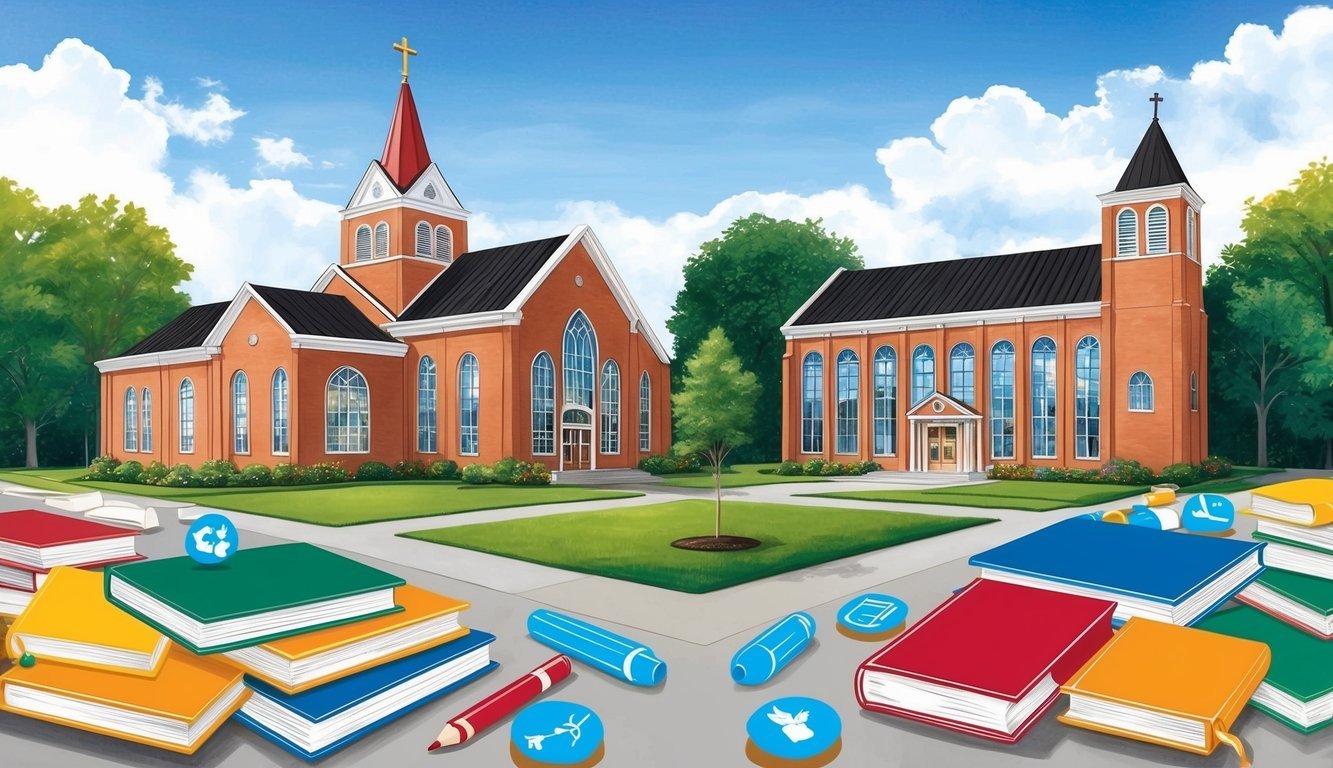
On Friday, a pivotal decision emerged from the US Supreme Court regarding the funding of a Catholic charter school in Oklahoma. This case could dramatically alter the way we understand the separation of church and state, especially when it comes to government funding for religious schools. If the court sides with Oklahoma, it would create a legal precedent allowing state support for religious educational institutions for the very first time.
Details of the Case
To accelerate the process, the justices have scheduled oral arguments for the final session of the court in April, marking the end of the current term. A verdict is expected by late June or early July. It’s important to note that Justice Amy Coney Barrett recused herself from these proceedings.
The legal battle originates from two significant lawsuits: Oklahoma Statewide Charter School Board v. Drummond and St. Isidore of Seville Catholic Virtual School v. Drummond. In a prior ruling, the Oklahoma Supreme Court supported the argument of the state’s attorney general, Gentner Drummond. They concluded that the approval for St. Isidore, a Catholic online charter school, was in violation of Oklahoma law, as well as the state and US constitutions. The court raised alarms about the potential implications for religious freedom, indicating that permitting the school to operate could invite unwarranted governmental interference in religious practices.
Arguments Presented
In October, both the charter school and its governing board took their case to the Supreme Court. They argued that the Oklahoma Supreme Court’s judgment unconstitutionally restricted the free exercise of religion by preventing religious organizations from accessing government support.
Meanwhile, the state of Oklahoma resisted this appeal, urging the justices to stay out of the matter. Officials contended that the charter school’s mission aligned closely with the church’s outreach efforts, asserting that the decision from the Oklahoma Supreme Court was firmly rooted in its reading of state law.
Opponents of the charter school initiative, including groups like the ACLU and Americans United for Separation of Church and State, expressed serious apprehensions about the consequences of introducing a publicly funded religious charter school. They argued that taxpayers shouldn’t be forced to support an educational institution that may discriminate on religious grounds. Transforming public schools into religious entities, they emphasized, would constitute a dangerous departure from democratic ideals.
Support for the Initiative
Ryan Walters, Oklahoma’s state school superintendent and an outspoken supporter of the proposed charter school, hailed the Supreme Court’s agreement to hear the case as a watershed moment for religious freedom and parental choice in education. He posited that this case could challenge the existing secular framework of public education, advocating for families’ rights to select faith-based educational alternatives.
Source: Jurist

